To be Anti-Refugee is to be Pragmatic: A response to Mike Bevan (Britmonkey)
A recent article written by the YouTuber Britmonkey (Mike Bevan) discusses the case in favour of increasing the number of refugees. I would like to preface this response by saying that his article is clearly well researched, sourced, and written. I find myself somewhat sympathetic to his line of arguments, but at the same time completely opposed to his conclusions and recommendations. In the current scenario we face as a nation, it is a wholly pragmatic and reasonable opinion to be against the idea of increasing the numbers of refugees taken into Great Britain. In this article, I would like to go through his arguments and make the case as to why I, and so many others, would disagree with him; my article is written in good faith, and I look forward to his reply (if he chooses to make one).
Britmonkey’s opening remarks around clarifying what he means by a refugee come across as extraordinarily reasonable when compared to most pro-refugee pundits. It is true that many of the people claiming asylum in Britain are not genuine refugees, but instead are economic migrants. The fact of the matter is, however, that the British state continues to treat these people as refugees. Despite the bluster and talk of the ‘tough on crime’ Tories, virtually none of those entering this country illegally are deported home – those who are, are done so at vast expense to the taxpayer. Despite this, the British pro-refugee charity cabal still continues to act as though the Royal Navy is going out into the channel and sinking boats by the dozen, whilst the home secretary dines on the flesh of those who managed to slip past a fictional iron barrier to Great Britain. My question to Britmonkey is this, if we are to take people on face value, how on earth are we supposed to determine who is and isn’t a genuine refugee? If we are to start a process of filtering the two groups, who will be allowed to determine who is and isn’t a genuine refugee? (A task which the current British state seems woefully incompetent at, at the current time) and what qualities will be used to determine who is and isn’t legitimate?
Britmonkey goes on to argue that we should be seeking to allow considerably more people from Hong Kong, Ukraine, Iran etc to gain access to Britain. Clarifying that he himself understands handing out 21 million visas to all the stateless peoples of the world would be insane and impossible, he does not deliberate on what exactly the number should be. The government allowed in 89,000 Ukrainians, 21,000 Afghans, and 76,000 HK residents last year (and have handed out close to 150,000 BNO visas total for HK citizens). We have therefore already taken in 186,000 refugees last year at a minimum and could potentially be taking close to another 80,000 more if all BNO visa holders decided to make the move. This is an eye watering number and blows the 4,000 French refugee figure of 1792 he cited out of the water. Coupled with the fact that current migration to Britain last year hit half a million – this is already almost completely unsustainable, how does he expect us to take in more?
Britmonkey goes on to discuss Britain’s immigration policy in the Victorian era and points out that there were no immigration restrictions at all at that time – this is certainly true, but what he does not mention, however, is that immigration to Britain between 1800 to 1945 (a 145-year period) was just shy of 2.4 million, an average of a measly 16,500 a year. As mentioned previously, Britain took in half a million people last year alone, how can he claim it is fair to equate those two groups? It is totally unreasonable, therefore, to use this line of argument. The world is more connected than ever, and whilst those borders were open, the Victorians did not have the technological ability to bring in the scale we do now. I wonder if the British public in the 1800’s would have been as willing to keep their country borderless if they had access to jet planes, huge passenger ships, and a large tunnel running under the English Channel? I doubt they would.
The article continues with an appeal to British right wingers who have delusions of contemporary British prestige. Britmonkey states that Victorian was so committed to free asylum, that they were willing to cause international incidents to maintain it. Much as I lament to be reminded of it, Britain is not in the same position as it was in the 1800’s. We are not the most powerful nation on earth anymore, we do not have fleets of ironclad greyhounds patrolling the high seas. We have a failing service economy and a second-class Navy (and armed forces in general) that would struggle to function without the support of NATO. Britain should be bold on the world stage, but we should also accept the fact that we are not in a position to bully or blindside foreign powers anymore for the sake of refugees – as Britmonkey suggests we are.
The author then goes on to contradict himself. He seems almost happy that the ‘noble’ anarchist refugees that we took in in the 1850s were convicted of planning a terror attack against the French government (justifying it by saying that British politicians at the time were okay with it because it harmed France), and then goes on to say that he is not suggesting we do the same today – explaining that we should instead use these examples to forge a new policy on what a political refugee is. This is a hypocrisy. Either Britain was wrong to take in anarchist terrorists in the 1850s, or it is right that we take in potential terrorists today. He seems unbothered to apply Victorian logic when it suits the argument, but refuses to again when it might hinder it.
Britmonkey talks briefly about how we are helping to hinder the efforts of anti-western powers by taking in their dissidents and allowing them to continue their activism campaigns. I do not believe that this is true. Firstly, the news cycle and the public zeitgeist are much faster now than in the 1800’s, we talk about issues for days instead of decades now. Unfortunately for those poor and threatened people of Hong Kong, most of the world has either forgotten about their plight or simply doesn’t care anymore – despite the efforts of their active dissidents abroad online. Secondly, I would argue that taking in the most threatened dissidents hinders any attempt at resistance. Much in the same way that evaporation has a cooling effect on water by removing its hottest and most energetic molecules first, allowing exiles to leave freely seems to only cool down dissent and remove the troublemakers – essentially pulling the thorn out of the tyrannical despot’s side for them. This is of course conjecture, but perhaps the reason we no longer see much dissent in HK and other places like it is because a lot of their most vociferous activists have left?
In regard to crime, I hope that his statistics on low crime levels in Germany post the 2014 refugee crisis are true. I would argue that Germany is an exceptional case example, given the high levels of historic Turkish immigration to Germany have left them to more easily to accommodate Islamic immigrants (again, I appreciate that this is merely conjecture on my part so take that with a pinch of salt and remember that I hope he is correct). In comparison, I could also just as easily point to Sweden, which has seen a dramatic increase in homicides since 2011 (from 81 in 2011 to 113 in 2021).
I think Britmonkey handles the next section of his argument well. He recognises the fact that, throughout most of history, the exiles and refugees who came to Britain were of western European decent and would not struggle as much to integrate into British culture. The English, French, and German languages all come from similar roots, Western Europeans are generally Catholic or Protestant, and (so as not to be a coward and dodge the elephant in the room) all of these people are Northern European Caucasians and look very similar. With the exception of Ukrainians, the same cannot be said of most of the modern refugees that he talks about. I am not using this as an excuse for those who seek to attack people based on their race, I am merely pointing out that peoples of remarkably different backgrounds do often struggle to integrate without direct intervention. This is a trope that been seen throughout all of history.
In terms of his next point that the average refugee stays for less than 10 years, I have no quarrel with this statistic. All I would say, however, is that that same article he cites in his article also concedes that the numbers on this statistic change every year. We also have not yet had time to adjust the numbers to better reflect the current type of refugee that comes here. Indeed, it is very likely that the vast majority of Ukrainians will return to Ukraine once the war is ended, but it would be foolish to apply the same logic to those from Hong Kong and Afghanistan (unless Xi Jinping succumbs to a mysterious change of heart (or death); or the Taliban simply decides to ‘give in’ to the protestors respectively (both seemingly very unlikely scenarios within the next 10 years)).
In conclusion, whilst I appreciate that Britmonkey is not advocating that we let the world in, and he is not falsely equating economic migrants with genuine refugees, I still think that his argument is flawed. Whilst I strongly agree with his view that we should attempt to be altruistic and remain a beacon of liberty in the world, I think it is unpragmatic to assert that we have the state capacity or ability to take in more refugees than we currently do. We are no longer the wealthiest country on the planet, we can’t even build enough new houses to match our own population growth (quick sidenote, the Town and Country Planning Act 1947 should be abolished), and we already do take in a considerable number of genuine political refugees every single year.
I hope that Mike Bevan will read this article, and I sincerely look forward to his reply if he chooses to make one.


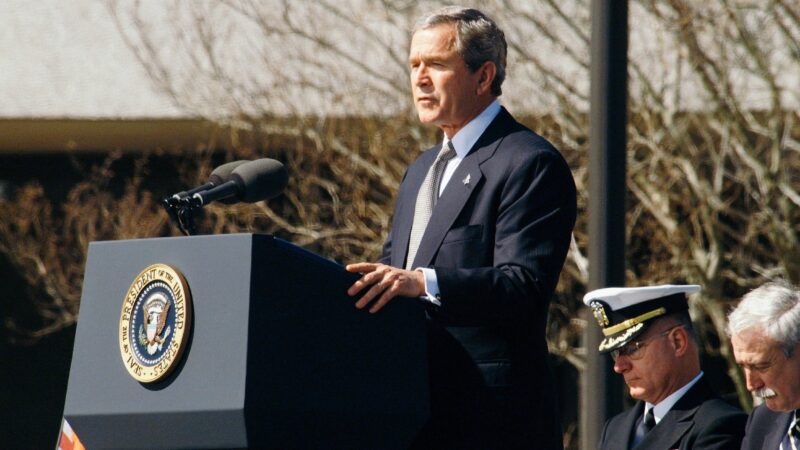



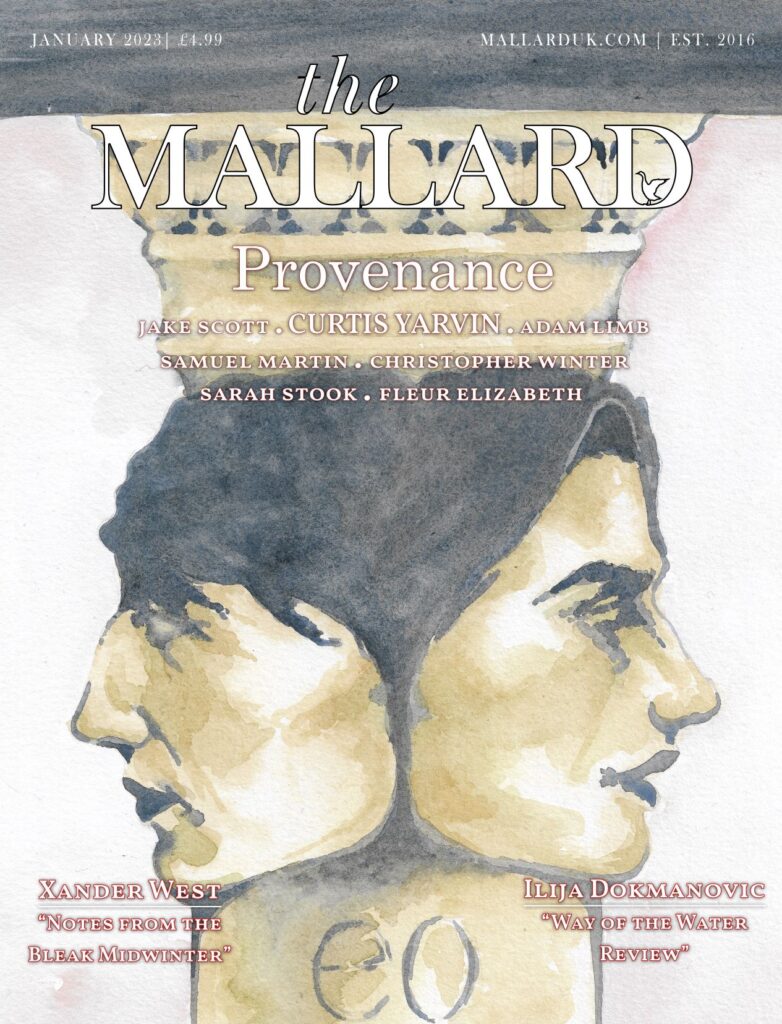
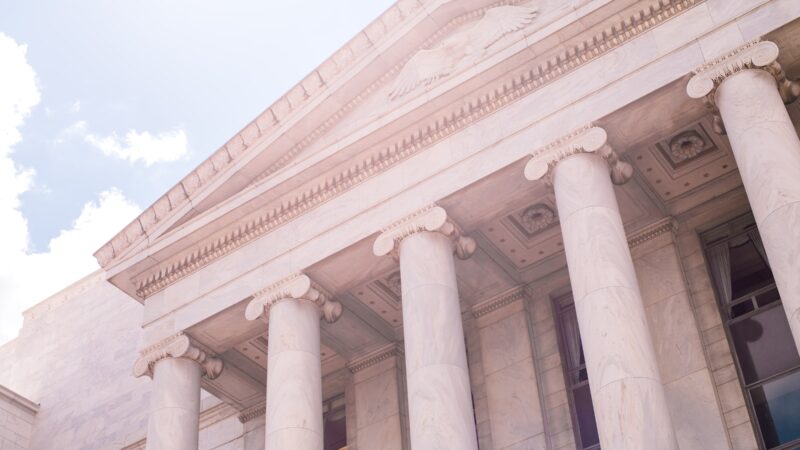
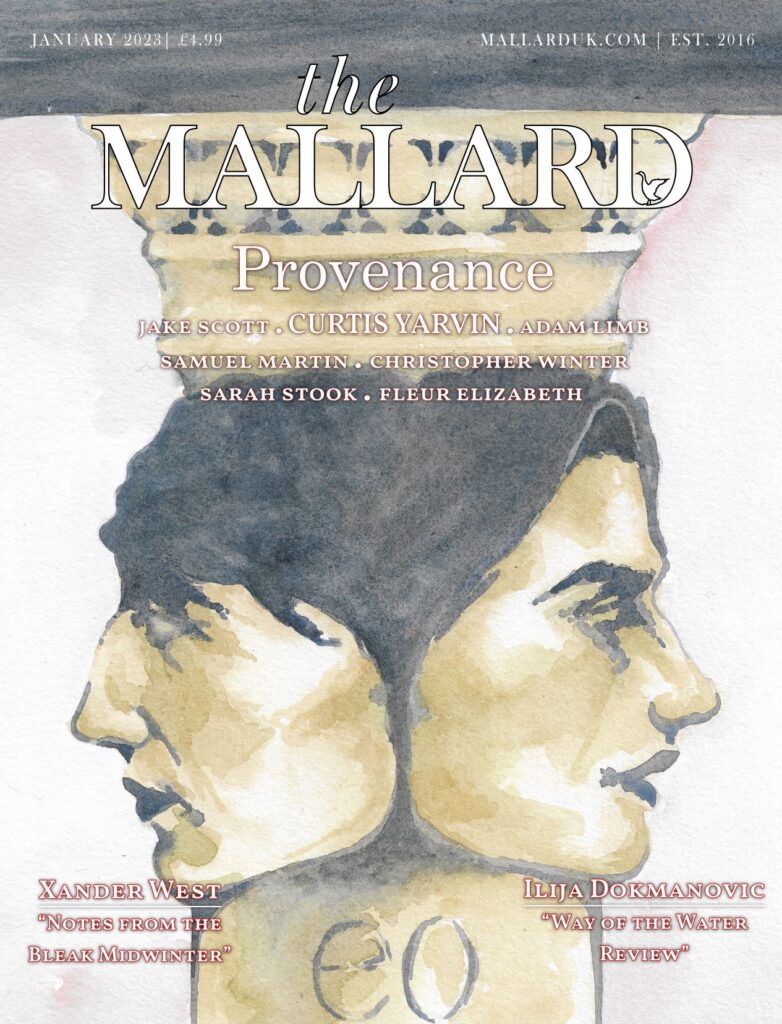
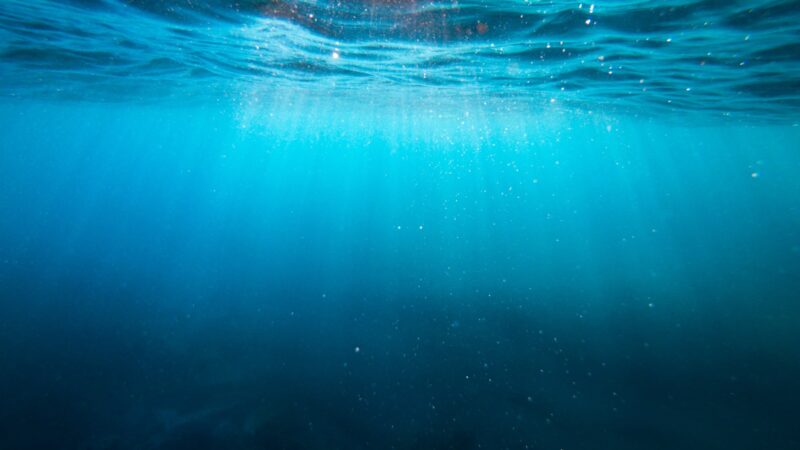
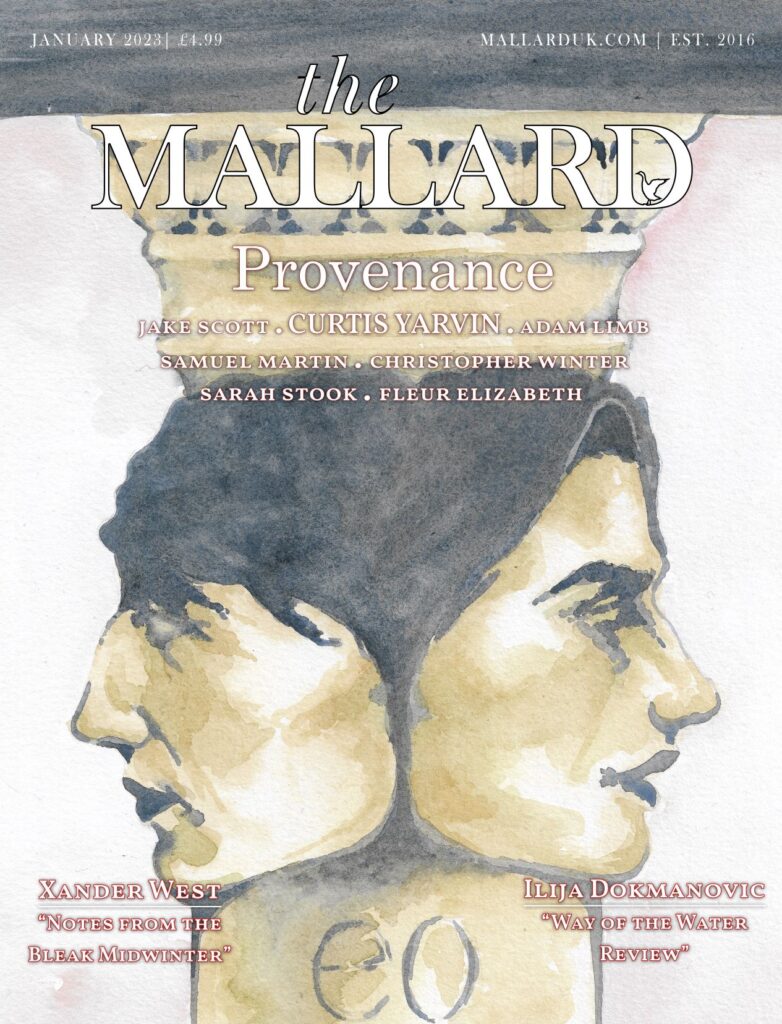
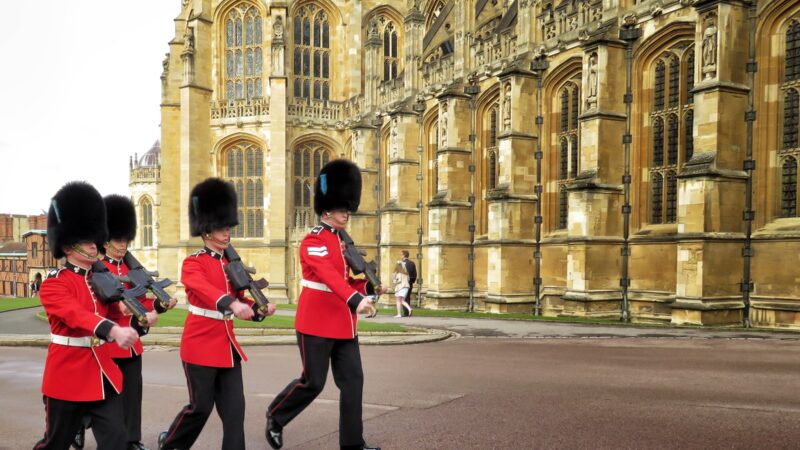
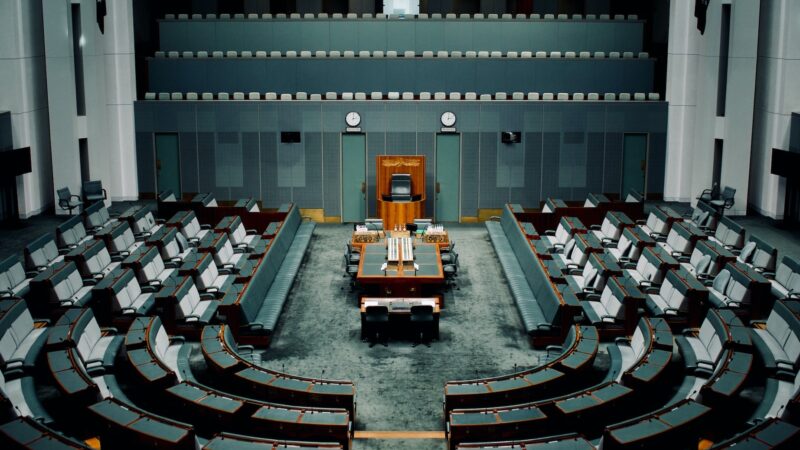
Squandering a Revolution
Ignore the snarky joylessness of self-important losers and the performative perplexing of Very Serious Political Commentators, the past few days have been hilarious. Brought down by inadvertent kamikaze molester “Pincher by name, Pincher by nature” Chris Pincher, appointed to be (you couldn’t write this) a party whip, amounts to more than another Gay Tory Predator scandal. Instead, we are finally witnessing the end of Johnson’s inert and wasteful premiership.
Here I was thinking we’d be dealt an anti-climactic resignation over a piddly piss-up. All those times half-wit pundits, with their mundane alcoholism, lapsed anuses and hyperlinked relatives on Wikipedia, insisted that “it’s over” for Boris, only for such prospects to be dashed when a big fat *nothing happens*, effectively wore down the belief that Johnson could be removed at all.
However, just as a monkey could write Shakespeare if given enough attempts, journalists occasionally conjure the ability to publish something with a kernel of veracity, in this case – the government is imploding because Johnson feigned ignorance of Pincher’s pinching.
As funny as it is to see Boris’ top guys do a 180 in less than 24 hours, contrasted to the inexhaustible ride-or-die energy of Nadine Dorries, you came here for Insightful Political Commentary; a lucid outline of What is To Be Done, you came here for The Ideas. Very well, ladies and gentlemen. After all, chaos is a ladder.
Like most conservatives, I am torn between my hatred of Johnson and my hatred of full-time Johnson-haters. The former was handed an unconstrained sledgehammer to smash the Blairite machine. Criminally underutilised, it was primarily used for tasks completely incongruent with the telos of a sledgehammer – Building Back Better, Levelling Up, etc.
Adding insult to injury, the constructivist rhetoric was entirely devoid of actual construction. Housing prices continue to climb, the borders are wide open, the tax burden continues to punish the most productive, supply-side solutions to energy problems are practically non-existent, and all ‘attempts’ at resolving [REDACTED] have mounted to nothing more than superficial lip service to whip up momentary support from disaffected voters. For a man versed in the classics, Boris should know Heraclitus’ First Cause – Construction and Destruction were born joined at the hip, the fire which festers within a blacksmith’s forge and the fire which springs from a Molotov cocktail are the same force.
In the case of the latter, the full-timers sincerely believe that Boris has made extensive use of his loaned hardware, obliterating Those Ancient British Traditions: the NHS (1946), the HRA (1998), Supreme Court (2005), Britain’s membership of the EU (1992), etc. Ironically, had Johnson aspired (never mind achieved) more than a measly fraction of the aforementioned, he would be leading by double-digits.
The derangement of these full-timers makes one wish Johnson had made like Caesar and crossed the Rubicon. If not to pursue a revolutionary agenda, then to amplify the deserved misery of Britain’s worst inhabitants; the type of people that Tumblr-format tweets about having integrity in politics – “The Parties, The Lies, The Cheese and Wine, it’s DISGUSTING” – as they listen intently to the most recent episode of Alastair Campbell’s podcast.
It’s old news, but it’s worth remembering that Boris is not a conservative. He’s a liberal whose self-obsession disrupted what would have been his natural Brexit alignment. He’s managed to court support from people who would otherwise not have supported him, knowing full well they have little realistic alternative. A socially liberal chieftain of a socially conservative tribe, a Globalist commander of a nationalist army, Boris’ betrayal of both sides of Britain’s politico-cultural schism are finally converging, depriving him of what he values the most: popularity. Like Louis XVI awkwardly donning the revolutionary bonnet, Johnson found himself divided between his political inclinations, those of his new compatriots, and his desire to remain popular irrespective of circumstance.
A high-tax, high-immigration, high time-preference, low-wage, low-cohesion, low-growth Britain with a political life routinely interspersed by the misdeeds of a Prime Minister that backstabs his own supporters and elevates pillow-talk policy over national priorities. Brexit was always more than technical independence from the EU. Sovereignty was never the ultimate end. The Leave coalition was underpinned by the pursuit of sovereignty, but it was the prospect of exercising this sovereignty that brought about the electoral realignment. It was why the Nationalist-Brexiteer majority and the Globalist-Brexiteer minority could co-operate. Not a means to an end, but a means to greater means, and from these greater means a true ultimate end. A half-baked means (see: ECHR), but a necessary means, nonetheless. Even without Brexit, to waste such a supermajority, as a Conservative, should be grounds for life imprisonment.
In case you haven’t noticed, I am not outraged at “THE LIES”. Expecting politics to be free of lies, noble or otherwise, is like expecting the sea to be free of fish. It’s that a national revolution, literally decades in the making, has been squandered by a fat, self-absorbed, Etonian mutt that cares more about getting cummies from mid women and supporting The Current Thing like the insufferable libtard he is, rather than using a historic opportunity to liberate his country from institutionally inflicted self-harm; a stranglehold that will certainly be reinforced under a Labour government.
Speaking of Labour, how is the mortician doing? Has he recovered from his divorce yet? If the polls are to be believed, he’s doing better than a country with half-serious political system would allow. I do not believe mass reconversions to Labour will occur. The next election will be decided by the magnitude of [c]onservative disaffection.
And what of future Conservative leadership? Oh joy, a choice between Loony Liz and Total War Tom; an accidental hot war with Russia vs an intentional hot war with Russia. Decisions, decisions. Then again, what do you expect when given the option between an ex-Liberal Democrat and a dual-citizen neocon? It all screams “Look at me, I’m a rat that will jump wherever!”.
Rishi? The ‘Diversity Built Britain’ guy? Okay sure, he didn’t run cover for Pincher but he’s still a dull gremlin with a non-dom wife – not a good look! Besides, he’s still “implicated” by “Partygate” – an even worse look! Hunt deserves more contempt than can be articulated by the human tongue. Javid is an NHS fundamentalist. Not only does he worship the NHS, but he also unnecessarily attacks people on Twitter that dare to criticise it. Braverman is a Judas Goat – either she puts up or shuts up. Does anybody have an opinion of either Gove or Zahawi that isn’t associated with unnecessary underhandedness?
Mordaunt will be Theresa May 2.0 – the untainted candidate that slides in from the side-lines, garnering popularity from the prospect of some maternal reconciliation. Indeed, thoroughly disgusting prospect. This country can’t endure five seconds of political excitement without wailing like an infant. Speaking of Theresa May, she’s rumoured to be a potential “caretaker Prime Minister”. Does nobody remember her premiership? She embodies this country’s infuriating sentimentalism towards mediocre politicians. Furthermore, the timeline will be unbearable. Every sycophantic bint with a “Bloody Difficult Woman” tote bag from 2017 will re-emerge, squawking about the totally-not-astroturfed-and-definitely-politically-attractive notion of Compassionate Conservatism.
For all his faults, at least Boris had some charisma. One suspects people were banking on 2019 to make Parliament a little less boring, replenish it with at least a few interesting people. But no, we got potato sacks.
It is easy to imagine that Johnson will become a Girardian scapegoat for the coming Parliament – an environment defined by his ostracization and anything that can be construed to be representative of his presence (very easy for a man with the track record of an erratic ape). Onto him, all the ‘sins’ of the past 3 years will be unanimously piled; his resignation will represent an exorcism that alleviates whatever is political convenient for his ex-compatriots and the neurotic full-timers. An insulated circlejerk which will barely disguise an aggressive repositioning against the progressively minded – “if Johnson’s premiership was the result of Brexit, then nothing like Brexit can happen again”, and so on.
In the end, whatever maximises political randomness may best serve the betrayed. January 6th kino isn’t coming to Britain (we’re far too boring for something like that), but there’s certainly no reason to support the Conservatives at the next election. At this point, democratising the Conservative Party should be on the table. We cannot carry on with a system which consistently produces such terrible representatives – ones which can so easily abuse (literally and figuratively) the party’s support base and continuously get away with it.
Brace for the self-righteous gush that will begin to flow courtesy of Johnson’s neuron-cranking retardation. The BBC will find another reason to put Ian Hislop on the television and use “Should I Stay or Should I Go” in whatever slapdash documentary comes out of this. Unfunny comedians will tune into radio shows to compare Johnson to their ex-boyfriends. “The 2022 UK Government Crisis Shows the Enduring Problem of White Male Fragility. Discuss.” (40 marks).
Enoch Powell said that “all political careers end in failure”. On a technical level this is true, but few political careers end with the squandering of a revolution. The boy who wanted to be king was gifted the crown on a velvet cushion and, when placing the crown onto his head, dropped it into the gutter. Here’s hoping the crown can be retrieved by someone of kingly calibre and salvage the future that could have been.
Photo Credit.